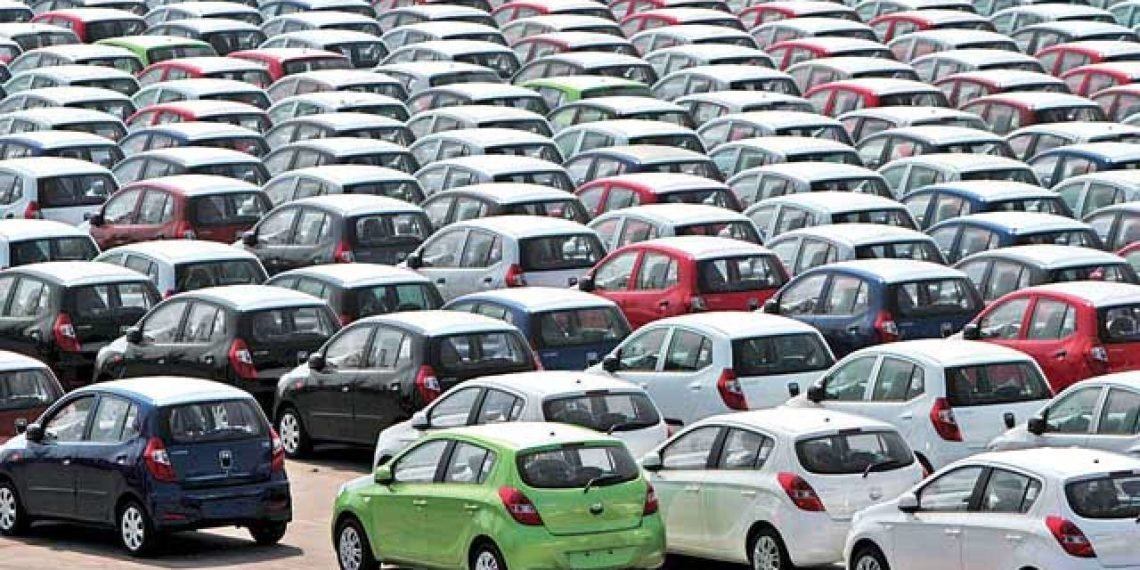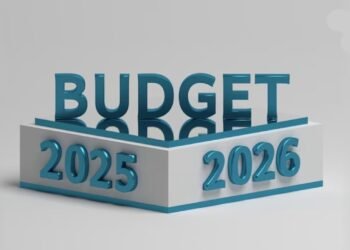The Research Team at Stanbic Bank expects sale of vehicles to rebound strongly after COVID-19 containment measures affected the importation and sale of vehicle and vehicle parts last year. According to Stanbic Research, sale of vehicles will pick up this year, growing at 8.3% after declining17.3% in 2020 compared to 2019.
“We expect a growth in sales of 8.3% due to the strong expected economic output over the same period and low base effects due to a forecasted strong decline in sales in 2020. Also, the global share of the auto industry in the GDP structure is growing and growth dynamics will create new jobs and increase average wage.”
The COVID-19 pandemic has affected the automobile industry in Ghana in 2020 due to supply chain disruptions in major automotive production hubs across the globe. This resulted in delays in the shipments of critical automotive components to carry out vehicle assembly operations.
Impacts of 2020 Elections on sale of vehicles
Meanwhile, Stanbic Research explained in its new report that, the decline in the sale of vehicles last year was mainly driven by a drop in the sale of heavy duty vehicles. Meanwhile, sale of other vehicles boomed as the political campaign activities in the run up to the general elections in 2020, saw a lot of procurement of saloon, pick-ups and sports utility vehicles (SUV).
“Although the sector was impacted, the effect was minimal in-country due to the positive impact during the political campaign period which showed an increase in vehicle purchase. The heavy duty vehicles were however significantly impacted”.
This notwithstanding, the report suggests that Ghana has the potential to become a regional vehicle supplier for automakers as safe haven in the volatile West African sub-region. This is because, recently, major vehicle manufacturers are expressing interest and making significant investments in opening and operating vehicle assembly plants in the country.
President commissions Toyota Tsusho Vehicle Assembly Plant
In line with this recommendations, President Akufo-Addo, on June 29, 2021, commissioned the Toyota Tsusho Vehicle Assembly Plant, which is assembling different models of Toyota and Suzuki vehicles in the country.
President Akufo-Addo stated that Toyota Tsusho’s presence in Ghana has been facilitated by Government’s bold move to develop the Ghana Automotive Development Policy in the country.

According to him, by assembling, and ultimately producing cars in Ghana, new and highly skilled jobs are being created. He indicated that the use of foreign exchange to import second-hand vehicles will be reduced. The President believes at the same time, the exports of Made in Ghana cars to other African markets will “earn our nation much needed foreign exchange”.
“The vision is to make Ghana a fully integrated and competitive industrial hub for the automotive industry in West Africa, and we are very much on course. This facility has already offered some three hundred and thirty-four (334) employment opportunities to young Ghanaian graduates from our tertiary institutions across the country”.
Furthermore, the President indicated that the decision taken by Toyota Tsusho to undertake the investment has come at a very opportune time in Ghana’s development. According to him, it serves as a major boost to ongoing efforts by Government to hasten the nation’s economic recovery from the COVID-19 pandemic.
Asset-Based Vehicle Financing Scheme
Also, H.E. Akufo-Addo averred that the confidence in the Ghanaian economy, expressed by a global organisation like Toyota, will provide additional impetus to the realisation of Government’s post-COVID economic recovery programme, the Ghana CARES Obaatampa Programme.
“One of the components of this Programme is for Government, in collaboration with Participating Financial Institutions (PFIs), to develop an Asset-Based Vehicle Financing Scheme for public sector workers to purchase locally assembled vehicles. This Scheme will make acquisition of new vehicles more affordable”.
Ghana’s Automobile Market valued at USD 4 billion in 2020, is expected to reach USD 11 billion by the year 2026 registering a compound annual growth rate (CAGR) of 15% during the forecast period (2020-2026).
Meanwhile, estimates show that about 70% of vehicles in Ghana are imported from different nations. The automotive sector in Ghana is generally comprised of retailers of imported pre-owned cars (also known as Home Used Cars) and wholesalers who deal in the retailing of new vehicles.
READ ALSO: RMB projects 4.2% growth for Ghana in 2021























